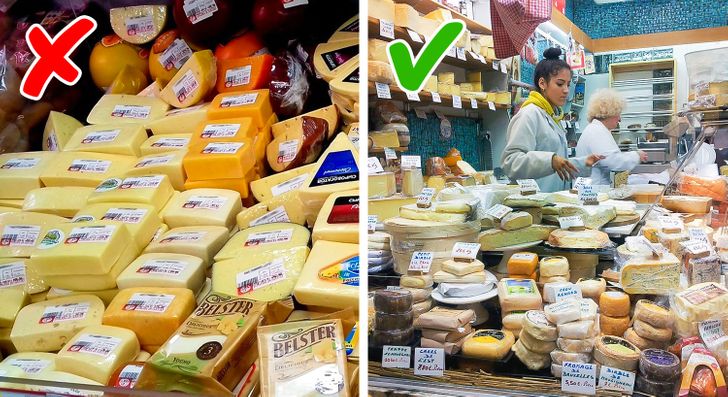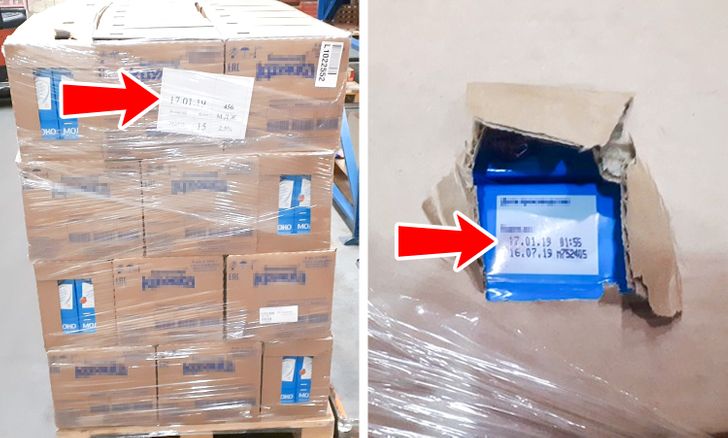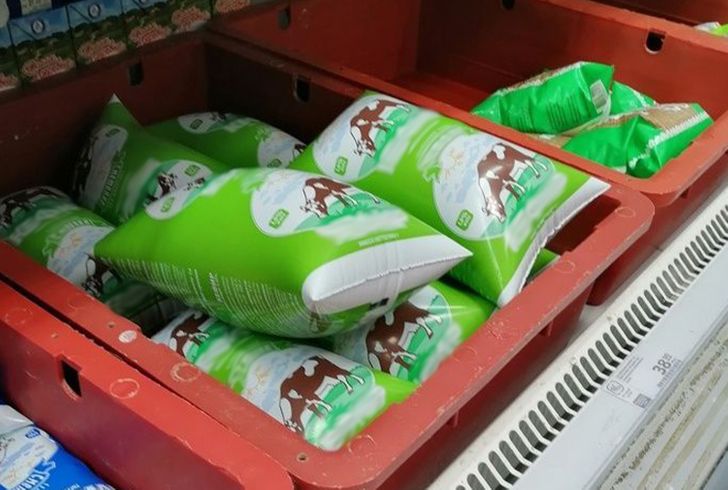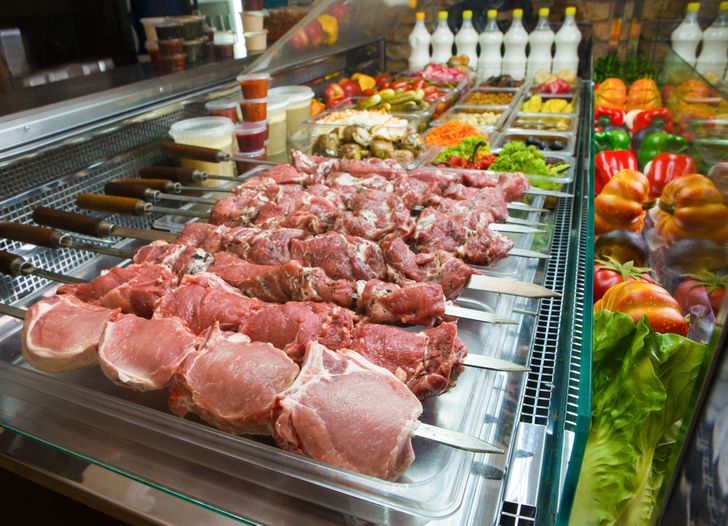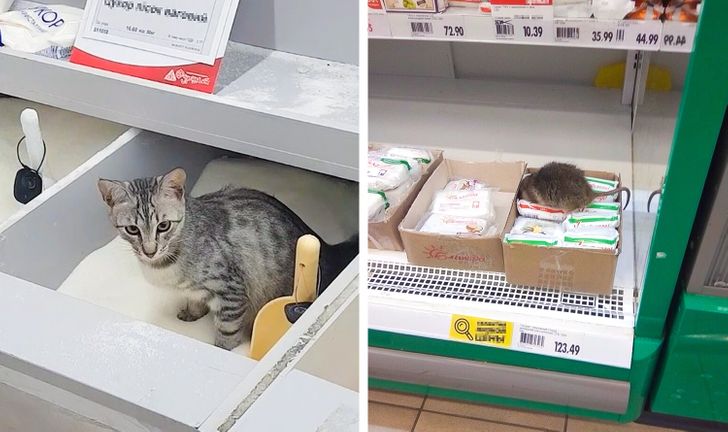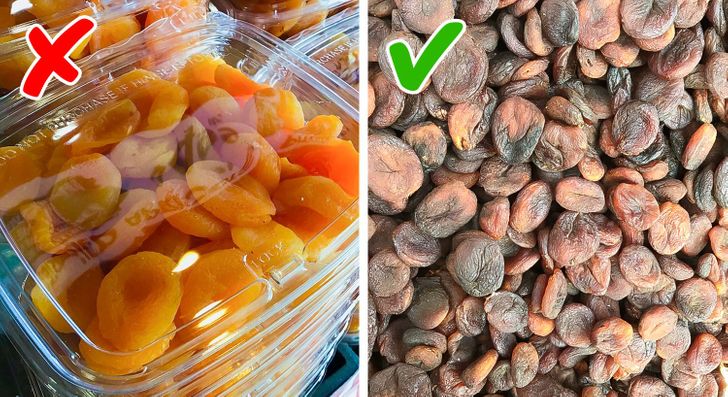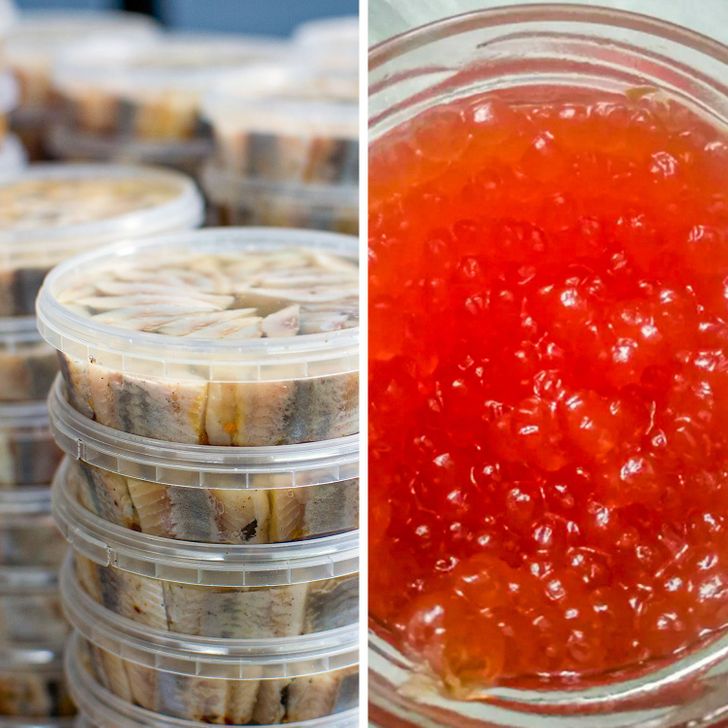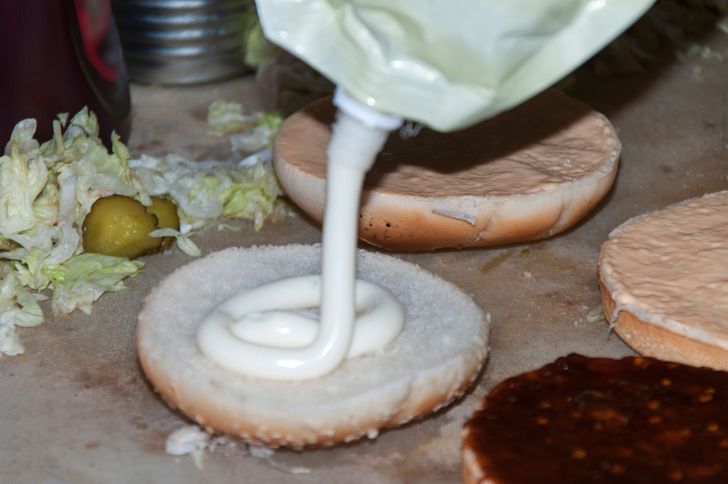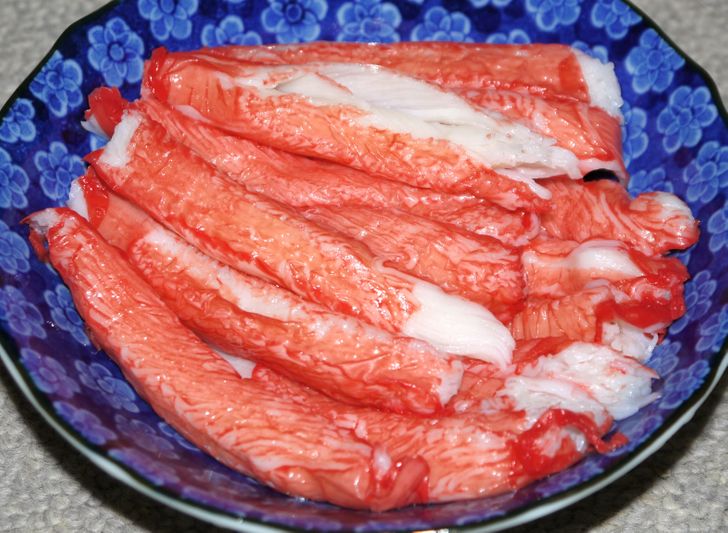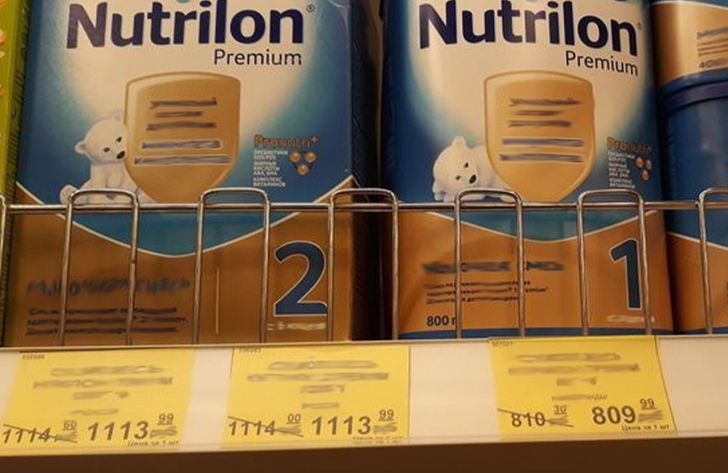I live 750metres from Tesco, so I always went there to do groceries. They have lots of rats.. seriously I am more curious with people who did not clean their purchase after. Bottle and cans purchase are easily wipe, why not do that?
10+ Common Foods It’s Better to Not Buy at the Supermarket
The pleasant atmosphere, bright packaging, and discounted price tags make the supermarket an almost ideal place to shop. But this is all just part of their money-making scheme. Not all products are of good quality, and some of them can harm the body. In addition, discounts are often not profitable at all.
We at Bright Side believe that you need to be smart when it comes to buying food products. So today, we will figure out what products we should stop purchasing in order to save our money and our health.
You should pay special attention to the storage conditions and shelf life.
-
The label with the date of the packaging of sliced cheese can be easily re-glued several times until the product no longer looks presentable. Most often, this happens with expensive cheeses that sell less often. It’s better to ask a shop assistant to cut a piece from a larger piece of cheese for you or to slice a new chunk of cheese for you.
-
You need to be more careful when choosing dairy products, giving preference to the time-tested brands. Here’s a story from a logistician at a trade warehouse, “I faced a real miracle. The manufacturer invented the time machine and began the mass production of milk from the future.” The photo was taken almost a month before the production date printed on the package.
-
Plastic bags aren’t the safest packaging. In order for the product to be preserved, sellers have to strictly adhere to the shelf life and the recommended temperature conditions. A user noticed kefir that was stored incorrectly, “I immediately remembered a story. As a child, I was sent to the store to buy kefir. I come back running with a package that looked like the one below and declared joyfully, “Mom, look, they even overpoured it! I specially chose the biggest one!”
-
Supermarket employees don’t recommend buying bread in store packaging. According to one store worker who saw how things were done at the store they worked at, “Some vendors bring bread loaves, which we have to pack ourselves. This is usually done by a cleaning lady, and, as a rule, she does it without gloves.”
Certain foods may be dangerous for your health.
-
Experts don’t recommend buying marinated meat because it contains a lot of additives and water. An employee of the meat department shared an even more unpleasant detail, “This is almost always an expired product. And spices are added to drown out the ammonia smell.” This meat can also be turned into minced meat for meatballs, sausages, and other “ready-made” dishes from supermarkets.
- In supermarkets, birds often get inside, and sometimes, even rodents and cats appear in there. It is unlikely that anyone would ever want to buy goods sold by weight after looking at these photos.
-
Dates sometimes look shiny and sticky because they were soaked in sugar syrup. These conditions are a paradise for bacteria. And dried apricots may be bright orange due to sulfur dioxide, which can cause headaches and a sore throat. Natural dates are matte and dense, and dried apricots are dark, and closer to brown.
-
Lightly salted herring in plastic packaging and red caviar are products that should only be stored in oil. But if there’s no oil inside the package or inside the jar (with the caviar), then a prohibited addictive substance called urotropine has been added to the product.
-
Mayonnaise in a plastic package. If the walls of the package aren’t thick enough, oxygen can penetrate through them. It reacts with the mayonnaise, and the product oxidizes, deteriorates faster, and loses its color and taste. So the buyer runs the risk of purchasing a product that has already completely expired.
It’s worth carefully studying the ingredients list.
-
Everyone’s favorite gummy bears are just a mixture of sugar, starch, citric acid, and gelatin. As you know, gelatin is made from the waste of the meat industry like bones, skin, and cartilage, which get ground up and boiled.
-
Granola has long been a synonym for a healthy diet. However, the store version of this product contains a lot of sugar. It would be much cheaper and healthier to make granola yourself by mixing oatmeal, nuts, berries, and fruits.
-
Many people know that there is not even a trace of crab in crab sticks, but they continue to buy them. Experts say, “Crab sticks have nothing to do with crab or fish. And despite the low-calorie content, the product is composed of carbohydrates and chemical additives.”
Discounts are not always profitable.
-
Bright price tags attract customers and create the feeling of getting a good bargain. But sometimes, this is just a way to distinguish a particular product from many others, and the bright price tag doesn’t always guarantee that the purchase will be profitable for you.
But deception doesn’t just happen with discounts.
-
You should be aware of bright and perfect looking vegetables, as they are often filled with chemicals that give them an attractive look. Naturally grown vegetables have a duller color.
-
When buying vegetables and fruits, you should follow a rule — buy fruits when they are in season. In general, choose fruits that have been harvested recently and nearby. The fresher the fruit, the more useful it is, and the closer it grows, the less the seller has to come up with different tricks to preserve its presentation.
-
Even beekeepers won’t be able to assess the quality of honey in a sealed package. So an attractive product can be either filled with added sugar or previously heated. Experts especially advise that we avoid surrogates — “creamed honey” or “honey mousse” are just confectionery products.
-
Bags with frozen vegetables often contain as much ice as vegetables. Apart from that, frozen vegetables are usually just as healthy as fresh ones. But it’s worth remembering that they might lose vitamins during the freezing process.
Low-fat kefir
-
According to doctor and nutritionist Mariat Mukhina, it’s better to choose kefir with a fat content of 3.2%. Low-fat kefir contains no fat, and fat-soluble vitamins, like vitamin D, can’t be absorbed in the absence of fat molecules. And vitamin D is essential for calcium absorption.
Products that contain sweeteners
-
German scientists say that although sweeteners don’t provoke the risk of cancer, their use is unjustified — they don’t help normalize the amount of sugar in the blood or help you lose weight.
What products do you try to not buy or do you choose more carefully at supermarkets?
Comments
wil think twice before buying from stores
Related Reads
15 Inventions for Your Home That Deserve the Nobel Prize Right Now

15 Times Humans Became a Perfect Scale to Measure the World

23 Real-Life Stories That Are Actually Better Than Any Romance Novel

25 Designers Who Overturned Our Preconceptions About Everyday Objects
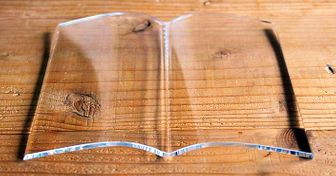
20 Boyfriend Fails That Can Make Any Girl Grit Her Teeth

20+ Lucky People Who Found Something Extraordinary at a Flea Market
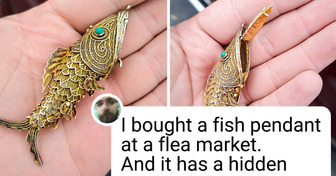
Helen Hunt, 60, Stuns During Her Latest Appearance, and Her Lips Become the Center of Attention

15 Posh Wedding Dresses That Cost Their Owners Pennies
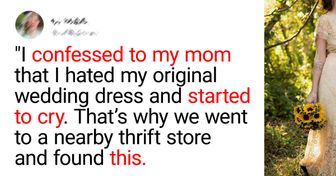
My Wife Hides Her Pregnancy and Refuses to Get Prenatal Care

15 Parents That Deserve an Award for Best Photo of Their Kid

«I Thought She Couldn’t Lose Weight,» Keely Brosnan Looks Completely Transformed in New Pic

20+ Annoying Things That Can Make Anyone Throw a Tantrum

